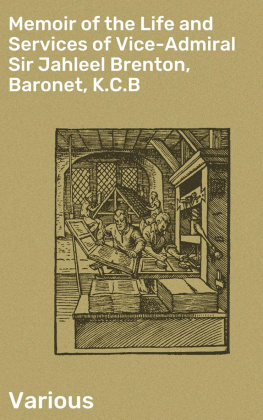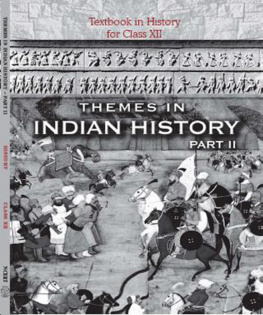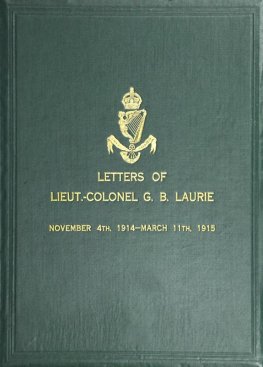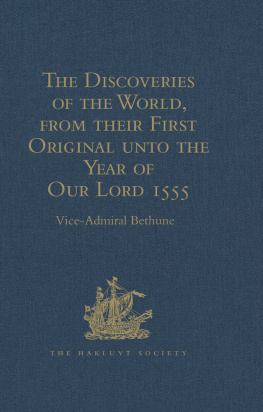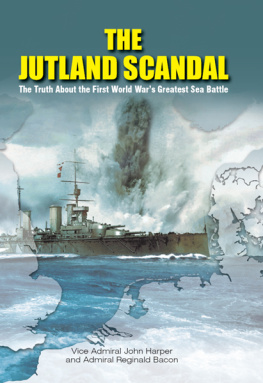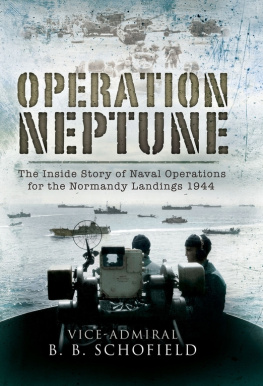MEMOIR
OF
VICE ADMIRAL SIR JAHLEEL BRENTON, K. C. B.
BARONET.
Table of Contents
It may appear presumptuous in one not connected with the naval service, to attempt the biography of an officer so distinguished as Sir Jahleel Brenton; and it may appear a graver, a less excusable offence, that one belonging to another profession, and that a profession, which requires the devotion of the whole mind to its own peculiar objects, should be undertaking an office so foreign from his usual employment and proper duties. I have, therefore, no hesitation in saying, that if Sir Jahleel Brenton had merely been the man, whom the world knew through the medium of gazettes, and the record of public services, and looked up to as a gallant and distinguished officer; whatever might have been my feelings towards him as a personal friend, whatever my admiration of him as a public character, I never should have undertaken the office, which I am now attempting to discharge. I must also add, that under other circumstances I must have shrunk from the duty, as involving enquiries which I had neither leisure nor means to prosecute; if its labours had not been so far anticipated by documents drawn up by his own hand, and left to his family; that little more seemed left to his biographer, than to arrange that which was already written; and to select out of a memorial designed for the benefit and instruction of his own children, those parts which might be offered to the public, without trespassing on the sacredness of a private, a domestic record.
I must again mention, that I was aware that even this portion of my duty was anticipated, and would be performed in my behalf by one, who, with a single exception, might be regarded as most identified in feelings, views, and mind, with the subject of the memoir.
The delicate and difficult task of selecting from a long and confidential memoir, written with all the fulness of a fathers heart, and intended to be perused as a sort of sacred record by his children; oftentimes too minute or too particular for publication; and still exhibiting in general so much of the character that it was desired to pourtray, that it was difficult to know how to resist insertion; this task was, I say, undertaken by another, who has discharged it with as much fidelity as discretion; and who left nothing to me, but to peruse and confirm that, which had been thus arranged and prepared for the press.
But even these advantages; assisted and increased as they are by the affectionate recollections of the members of his own family; while they promised to render the labour of the undertaking easy, would have been insufficient to determine me to attempt a work for which I was so incompetent, if I had proposed to offer to the public a memoir of the professional life, and of the naval achievements of the man whom it was impossible to know without honouring or loving him. But this seemed unnecessary to be done, and certainly was not to be done by me. His public services, both as a seaman and an officer, have been long known and fully appreciated by the public, and thus have had their appropriate record in the naval histories of the last war. His professional character still lives in the recollection of the service. It therefore is not necessary that naval events should be narrated here, which have been better told in other places; nor that exploits should be dwelt upon, which though they never can be heard without emotion, it may be sufficient for all present purposes to refer to, rather than to repeat.
I would, therefore, beg leave to state at once, that the only aim I venture to propose to myself, is one which differs essentially from that, which has been generally followed by the writers of similar memoirs.
I am not anxious to describe the subject of my narrative, in the form in which he was known and honoured by the world; but in that in which he was known to those who lived with him, and served with him; to his family and his friends; to the men who shared his hardships and dangers, as well as his successes and triumphs. I am not attempting to represent him as the man of courage, enterprise and decision, formed for the hour of peril and contest, fitted to lead and direct the energies of his service, and carrying every heart with him, from the enthusiasm which his example inspired; but I am desirous to shew that those qualities, for which the world would easily give him credit, were united with elements of which the world knew little, and perhaps thought less; but which had their effect in forming the general character of the man, and made him what he was in the different relations of life. I feel it due to him, and still more to those who may be profited by his example, to trace the peculiar qualities of his character to their source, and to shew the principles from which they flowed; so that if there be in his life any thing lovely and of good report; and this there is no one who ever knew him that can doubt; it may be referred to its proper cause, and be ascribed to that, which he himself knew, and felt to be the origin.
It will be my aim, therefore, in these pages, chiefly to dwell on those features of mind, which though seen by few and observed by few, gave to his whole character its peculiar dignity and grace. I shall endeavour to shew, that the courage and enterprise, the firmness and self-resource which rendered him while he lived the ornament of his profession, were accompanied by qualities, not generally found in combination with these, but which enhanced their value, and contributed to their excellence; with patience, with meekness, with the tenderest consideration for others, and the most unbounded benevolence. I wish to shew, that the brilliancy of his public life was equalled by the purity and correctness of his private life: that he was as amiable in every domestic relation, as he was admirable in all official duties: and still knew how to keep the warmth of his affections, in such subordination, that the call which summoned him from that home, where all his happiness was centered, was obeyed without a question or a doubt, whenever the interests of his country and the service required it. Above all, I wish to shew, that the secret, but the only cause of this unusual combination of qualities, not often found in his profession, and sometimes considered as incompatible with it; was that instinctive subjection of the heart to God, which growing as he grew, and gaining strength and expansion by the trials of his life, raised him from the state of a conscientious and upright man, to that of a mature and confirmed Christian; which sustained him under the various difficulties and burdens of his lot, by teaching him to look to God in all emergencies, and to cast himself on His mercy under every doubt; which finally regulated the enquiries which it prompted, and realizing the divine promises, that the meek shall He guide in judgment, that God giveth grace to the humble, brought him through all the conflict of religious opinions, to that simple child-like faith, which formed the substance of his happiness in life, as well as of his hope in decay.
The description of a character such as this, together with a narrative of the events under which it was formed and perfected, may, under Gods blessing, be made profitable to many; and as the circumstances of his story are such as must interest every reader, it is to be hoped that the memoir of such a man may be offered without presumption to the world at large, as including much that may be generally useful as well as amusing. But there is one class of readers to whose attention it may be more particularly recommended, and to whose improvement and welfare it is specifically dedicated. I mean the young aspirants to honour and distinction in the navy, the rising members of that profession, of which Sir Jahleel was so fine a specimen; and for whom he always felt and expressed so strong and so paternal an interest. I could wish, that they who are taught to emulate his character as an officer, and who are animated by hearing of the gallantry of his actions, should know more of the man whom they are led to admire, than can be learnt from gazettes or naval histories; and that they should be made acquainted with the real secret of the excellence which is held up to them as a model for imitation. I wish that they should know from his example, that the most brilliant courage, the greatest firmness in action, and the most perfect self-possession in the moment of danger, are not only compatible with deep religious impressions, and personal piety; but that they never can be looked for with so much confidence, nor will ever be found so largely developed, as when combined with these as the habitual principles of the life. And as example is generally more conclusive than theory, it seems expedient that they should above all others be reminded, that the man, who in his day, was the model of all we wish to imagine in a British officer, and a British seaman; the man whose daring courage made him at one time the chosen associate and friend of Sir Sidney Smith; who was afterwards selected by that acute and discriminating judge of character, Lord St. Vincent, out of the number of eminent and gallant officers around him; and appointed to situations which required all the combination of naval skill and firmness; was, and avowed himself to be, in the full sense of the word, a Christian; confessed Christ and His words in every situation, and under every circumstance with uncompromising firmness; and still maintained his profession of religion with such gentleness and dignity, that those who differed from him never failed to respect and to love him; and could not help venerating the man, even while they felt that his principles condemned their practice.


